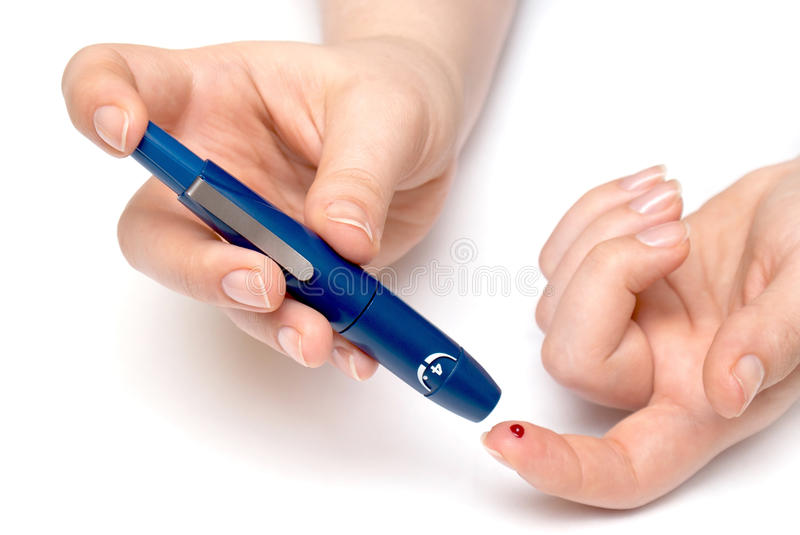Could you be diabetic and not know it? Diabetes often remains undiagnosed for years; for some, the symptoms are subtle, if they show up at all. Because diabetes is a lifelong condition, early diagnosis makes a huge difference in ensuring good quality of life through proper treatment and management.
The following are early warning signs for diabetes; if you experience any combination of these, and especially if you have a history of diabetes in your family, visit a primary care physician near you right away to get screened.
Do you always feel thirsty and tired, and do you pee frequently?
Excessive thirst, constant fatigue, and frequent urination are classic symptoms of diabetes. With the buildup of excess sugar in the blood, your kidneys eventually fail to adequately filter and absorb the sugar surplus. The sugar eventually builds up in your urine and draws water from your tissues, which makes you pee frequently and which, in turn, leads to dehydration and excessive thirst.
The more you drink, the more you urinate; the more you urinate, the more you become dehydrated. And the cycle continues. The constant state of dehydration, combined with your body’s inability to effectively absorb and burn sugar for its fuel needs, lead to a constant state of fatigue.
Did you suddenly lose weight and for no apparent reason?
When you have diabetes, your body either cannot make enough insulin (type 1) or is insulin-resistant (type 2). In either case, the glucose which you get from the food you eat does not get properly absorbed by the cells in your body; this means that your body becomes unable to create adequate stores of calories from glucose for energy.
To compensate, your body will tap into your fat stores, thereby resulting in weight loss. You will also experience constant hunger because sugar is not reaching your cells. So even when you’re always eating, you’re still losing weight. Rapid weight loss is a common symptom of type 1 diabetes.
Has your vision become blurry, and have your gums become tender and swollen?
Blurred vision also results from higher than normal levels of sugar in your blood when fluid from the lenses of your eyes are also drawn away.
Gum disease – characterized by tender, swollen, and receding gums – also develops when blood supply to the gums is drastically reduced and when high glucose levels cause dry mouth. If left untreated, your teeth could become loose as your gums pull away from them, or you may experience constant mouth sores that take too long to heal.
Are you at risk for diabetes?
For type 1 diabetes, those who are most at risk are children; young adults; and individuals with an immediate family member who has the condition.
For type 2 diabetes, those who have the highest risk are people who are over 45; are overweight; are inactive; have high blood pressure; are smokers; have abnormal cholesterol levels; have a family history of the condition or insulin resistance; and are of certain ethnicities.
Listen to what your body tells you. When it comes to early diabetes diagnosis, treatment, and management, being proactive is essential in order to effectively control your symptoms and prevent other related health conditions. With the help of the best family medicine doctor near you, you can still live a long and full life.

